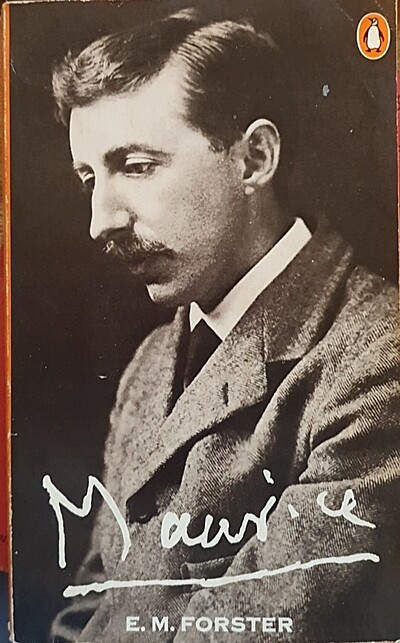"Wasn't your novel originally going to be about a marriage agency in Ukraine?"
"Null and void... I was writing about a so-called invasion of bachelors to Ukraine, and then an actual invasion happened. Even in peacetime I felt queasy writing right into not one but two Ukrainian tropes, 'mail-order brides' and topless protesters. To continue now seems unforgiveable." [loc. 1457]
The first half of Endling is the story of Yeva, a malacologist ('despite its inclusion of mollusks without backbones') who's determined to save endangered snail species. It hasn't gone well: she is down to one living specimen, Lefty, whose shell coils the opposite way to others of his species. (Yeva, similarly, coils the other way: she's asexual, though she has a passionate friendship with a conservationist.) Lefty is an endling, the last of his variant. Perhaps Yeva is too.
To finance her mobile lab, Yeva works for Romeo Meets Yulia, an agency that does 'romance tours' for Western men.You meet the most interesting people at these events. Yeva is approached by two sisters, Nastia and Sol, who also work for the agency. Inspired by their infamous mother, a flamboyant activist, they've decided to kidnap one hundred bachelors as a publicity stunt, and they'd like to use Yeva's van. It's a lab, Yeva points out, and twelve is the absolute limit.
So off they set, three women and a dozen bewildered Westerners (well, eleven: Pasha lives in Vancouver, but was born in Ukraine), on a road trip to nowhere. And suddenly there are loud noises outside...
The quotation at the top of this review comes from the middle of the book, where everything falls apart: reality intrudes, in the form of the Russian invasion of February 2022. The author also intrudes: that's her talking to her agent, trying to place this novel, to sell articles about Ukrainian humour. And the book seems to end, with Acknowledgements ('I would also like to thank Russia's Ministry of Foreign Affairs for including my name on their personal sanctions list of Canadians who are now forbidden from entering their country. One of the biggest honours of my literary career' [loc. 1620]) and A Note on the Type.
But we're not even halfway through, and for the rest of the novel Reva's own voice enters the novel, worrying about her grandfather in Kherson, wondering whether one can write fiction about tragedy and war. Not that Yeva and her companions vanish. Instead, Yeva's conservationist friend tells her he's spotted another left-coiling snail, a female, in the background of a teenager's video about not wanting to leave his city. The city is Kherson...
I loved the playfulness of this novel, even in the midst of horror: I warmed to Yeva and to Reva and to the activist sisters trying to lure their absent mother into view with a high-profile stunt. And somehow even the snails were interesting -- not words I thought I would ever type.
UK publication is 3rd July 2025: Thanks to Netgalley and the publisher for the advance review copy!






